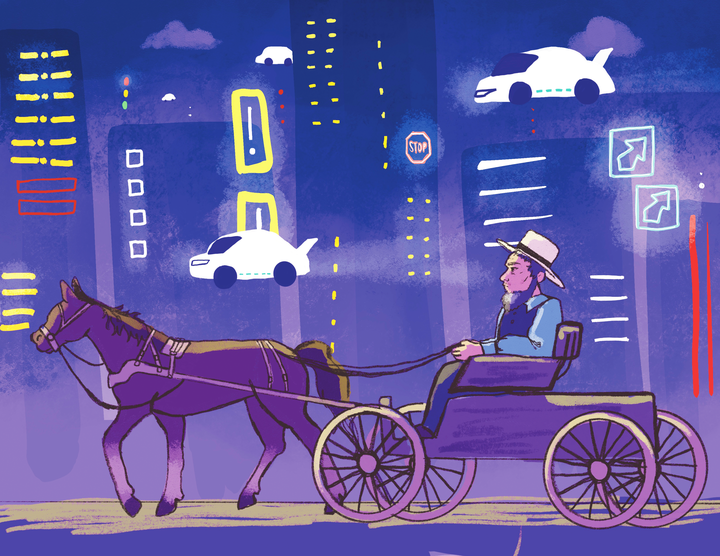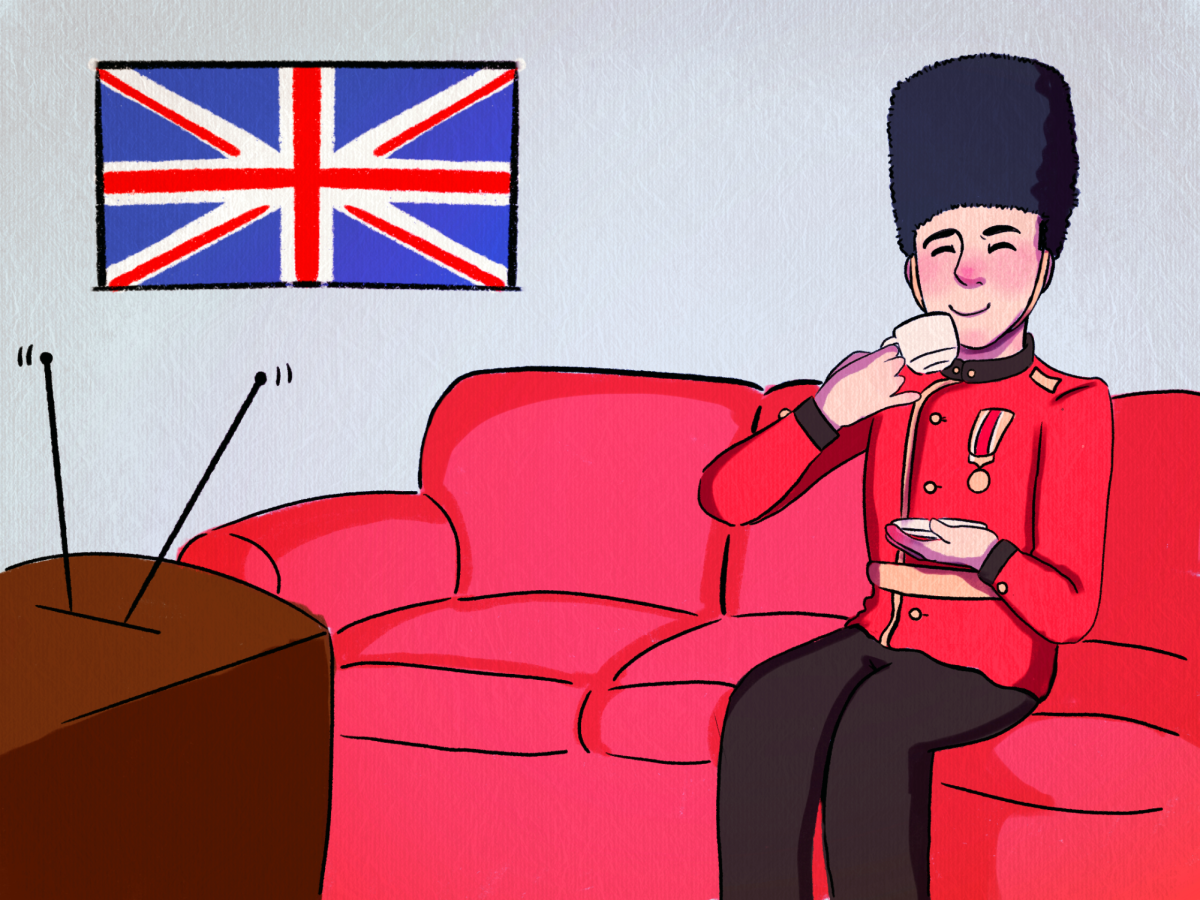Recently, I read the following: “Judging a person does not define who they are, it defines who you are.” It’s an age-old idea and still relevant to us as college students, and as human beings. It can be easy to find problems with others and to slip into obsessing over their faults. When we do that, it really doesn’t do much good. In fact, it does a whole lot of bad. Negative gossipers have a way of being avoided by others. When we gossip negatively, we are less “likeable.” This intuitive truth was upheld in a study by social psychologists Bertram Gawronski and Eva Walther, when they found a general tendency in people to dislike the dislikers in their study titled, “The TAR Effect: When the Ones Who Dislike Become the Ones Who Are Disliked.”
Maybe that is because when we obsess over telling friends the faults we find in others, our friends can’t trust that we won’t speak similarly about them when they are not around.
Socially, our friends are trying to get through college just like we are. They’re trying to have fun and make friends. They don’t want to be around someone who might hurt them behind their backs. Similarly, our friends want someone they can trust to hold their secrets. Do they want a friend who looks at secrets the way a merchant looks at coins, to be traded and bartered? No, they want a vault!
On the other side of that coin, speaking positively about others has the opposite effect, as was found in Gawronski and Walther’s study. Just as people have a tendency to dislike the dislikers, the reverse was also found to be true. People tend to like the “likers.”
Likers speak well of people, and this kind of attribute is appreciated by friends. Instead of distrust, a friend of a liker thinks to themself, “If this person ever speaks behind my back, it’s probably going to be to my benefit.” People want to hang around someone like that.
Or maybe the reason people dislike the dislikers is because dislikers always seem to be in a bad mood. We have a way of speaking about negative things in a negative way. Research by psychologists Valerie Folkes and David Sears found that people have a greater liking of those who speak positively about things rather than negatively, whether they are expressing opinions about people, objects or events.
When I talk about something I don’t like, I talk in a way that expresses that dislike the subject. I’m usually angry or upset about it, so it is natural that I say it in a similar way. It would actually be kind of freaky if I said it in a happy way. Can you imagine someone smiling and happily telling you how much they hate a teacher for unfairly grading their paper? No, people say those kinds of things in an angry way.
People may not want to be around such negativity. They don’t want to be around someone who is downcast and hateful and always sees the world as a glass half-empty. They’d much rather spend their time with someone upbeat, someone that smiles; someone who talks about the good in other people, or how nice the day is or how great the new Mustang looks. They want to spend time with someone who sees the world as a glass half-full.
If we think that we live happier lives by sharing it with friends, than maybe we should think about this. Whether it’s due to the reasons mentioned above or not, one thing is for sure: people want to be happy, and will find friends that help them do that (the UA has an enrollment of 42,236 people).
Looking at how we present ourselves to others can help us get a better perspective on what we need to change to become the kinds of friends we want to be. If we have a strong urge to say things about other people, and judging a person does not define who they are, it defines who you are, then maybe it’s best to define ourselves in a positive way.
Follow Wyatt Z. Conoly on Twitter.








